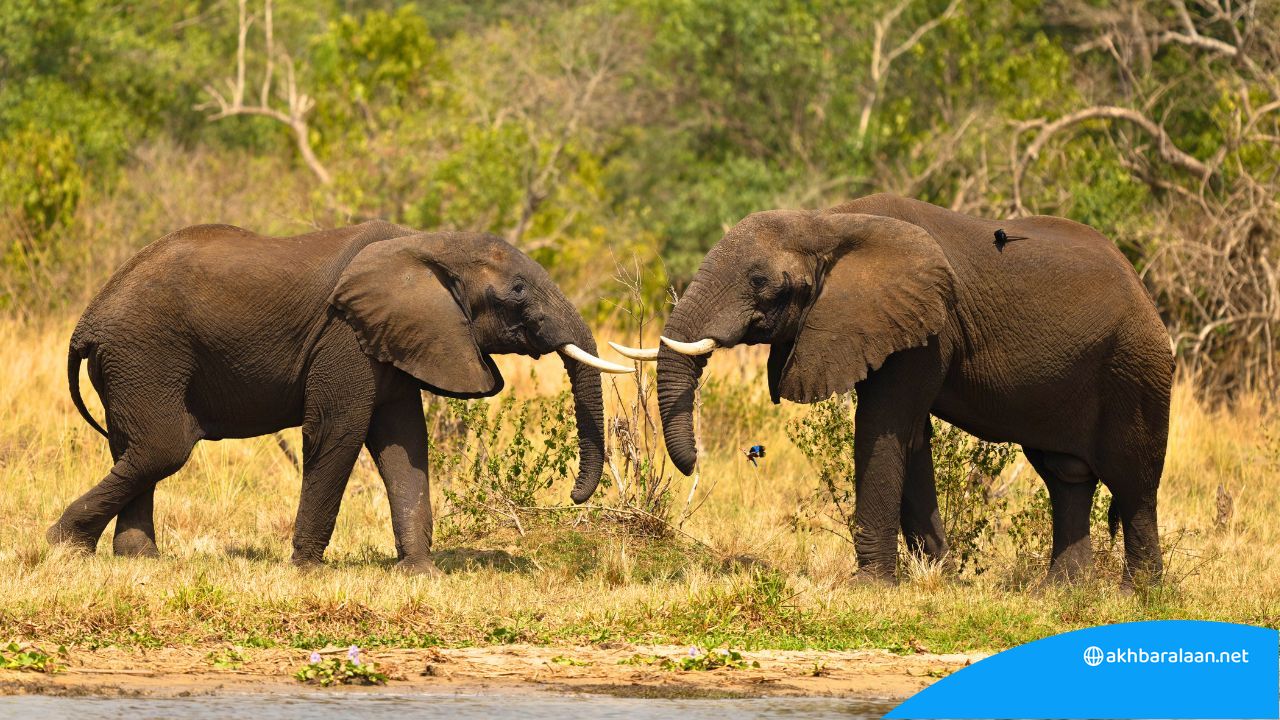Namibia had already pre-empted Zimbabwe and approved the killing of 83 elephants this month.
The Wildlife Authority said in Zimbabwe The country will cull 200 elephants as it faces an unprecedented drought that has led to food shortages, a move that could address the animals’ growing population.
Zimbabwe has “more elephants than we need,” the environment minister told parliament, adding that the government had instructed the Zimbabwe Parks and Wildlife Service (Zimparks) to begin the cull.
For his part, the Director General of the Zimbabwe National Parks Authority, Fulton Mangwanya, revealed that 200 elephants will be hunted in areas where they have clashed with humans, including Hwange, home to Zimbabwe’s largest nature reserve.

“We are in discussions with the National Parks Authority and some of the communities to do what Namibia did, so that we can cull the elephants and mobilize women to dry the meat and package it and ensure that it reaches some of the communities that need the protein,” Zimbabwean Environment Minister Sithembiso Nyoni told VOA.
Zimbabwe is home to about 100,000 elephants – the second largest elephant population in the world after Botswana.
Thanks to conservation efforts, Hwange is now home to 65,000 animals, more than four times its carrying capacity, according to the Zimbabwe Parks Authority. The last time Zimbabwe culled elephants was in 1988.
The state said Namibia Neighbouring this month it said it had already killed 160 wild animals in a planned cull of more than 700 animals, including 83 elephants, to deal with its worst drought in decades.
Zimbabwe and Namibia are among a group of countries in southern Africa that have declared a state of emergency due to drought.
About 42 percent of Zimbabwe’s population lives in poverty, according to UN estimates, and authorities say about 6 million people will need food aid during the lean season from November to March, when food is at its scarcest.
The move to hunt elephants for food has been criticised by some, especially since these animals are a major tourist attraction.
“The government must adopt more sustainable and environmentally friendly approaches to dealing with drought without affecting tourism,” said Farai Maguu, director of the non-profit Natural Resource Governance Centre.
“They risk scaring away tourists for ethical reasons,” he added. “Elephants are more profitable alive than dead.”

“We have shown that we are not custodians of natural resources and that our appetite for illicit wealth knows no bounds, so this must be stopped because it is immoral,” he continued.
But Chris Brown, a conservationist and CEO of the Namibian Environment Chamber, said elephants were having a “devastating impact on habitats if allowed to continue and increase in numbers”.
“It causes significant damage to ecosystems and habitats, and has a significant impact on other species that are less well known and therefore less important to European conservationists living in urban areas,” he said.
The elephant cull in Namibia has been strongly condemned by conservationists and animal rights group PETA, calling it short-sighted, cruel and ineffective.
But the government said the 83 elephants to be killed would represent only a small fraction of the country’s estimated 20,000 elephants and would ease pressure on grazing and water supplies.




